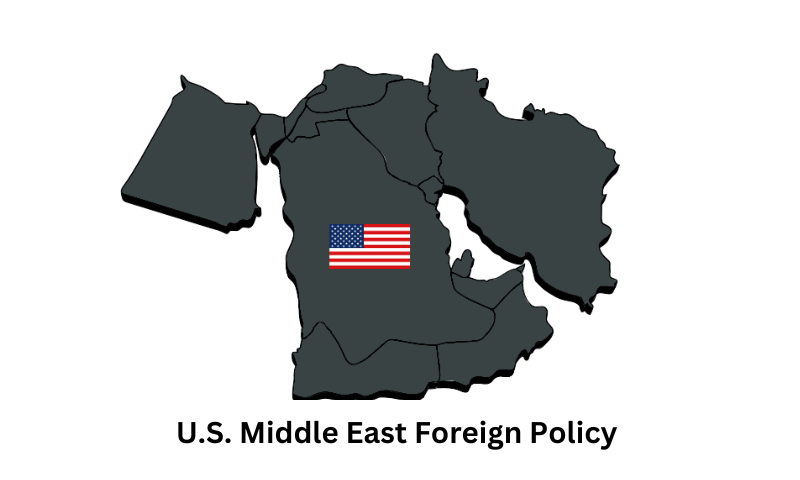Gershom Gorenberg, The VVA Veteran, January/February 2012
“Israel will not be alone unless it decides to go alone.” In other words: Don’t attack; we can’t back you up.”
“You will certainly note,” Hal Saunders said, “that we had another problem on the other side of the world.”
Saunders spoke in the quiet voice of a lifetime diplomat. He was explaining why the Johnson administration let the Arab-Israeli conflict fester after the Six-Day War of 1967. Back then, he said, the “top levels of the U.S. government” were distracted and exhausted by that other “problem”—Saunder’s immensely understated term for the Vietnam War.
During that critical period of history, Saunders served as the National Security Council’s staffer responsible for the Middle East. His description of a hamstrung superpower points to a kind of rarely noticed collateral damage from the Vietnam War: When the United States was tied down militarily in Southeast Asia, when war there dominated America’s diplomatic agenda abroad and its political debate at home, it was less able to cope with challenges elsewhere on the globe. The after-effects are still being felt.
The Middle East provides the prime example. Vietnam hobbled President Lyndon Johnson’s efforts to keep war from breaking out between Israel and its Arab neighbors in the spring of 1967. What’s more, the war also sapped the administration’s determination to reach a full peace afterward. The neglect continued under Richard Nixon. Only after the Paris Agreement of 1973—and after another disastrous Middle East war led to a face-off with the Soviet Union—did the United States make a serious push for Arab-Israeli agreements.
. … [To read the full article, click here]


